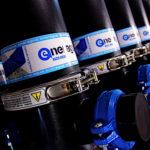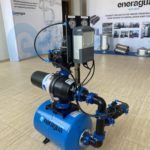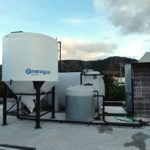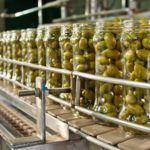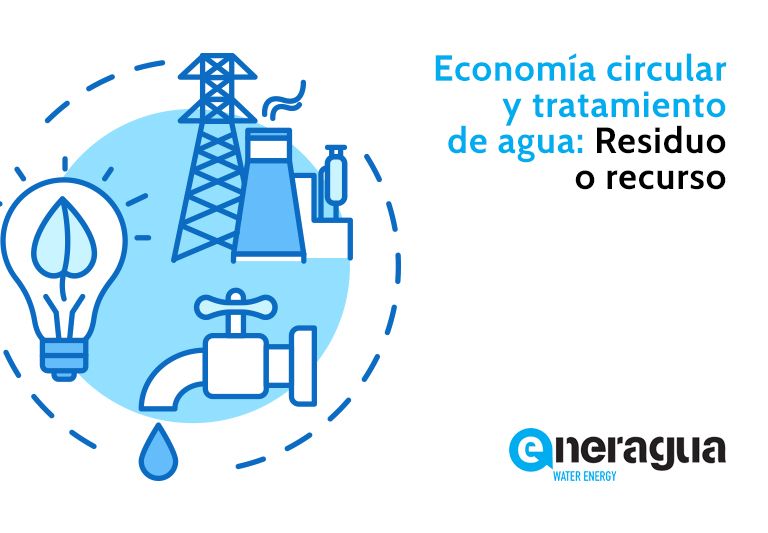
Wastewater from industrial processes can be seen as an opportunity rather than mere waste. A shift in mindset is crucial to start considering them in this light. Only by doing so and applying circular economy principles to their use and management can we make responsible and sustainable use of water resources.
Circular economy, based on concepts like reuse, renewal, recycling, or sharing, aims to extend the life of economic resources. Water, given its crucial importance for life, cannot and should not be excluded from these practices. That’s why transforming the perception of wastewater and viewing it more as a resource to exploit than as a burden is key.
Regarding water management, the Sustainable Development Goals include the following:
- Provide water sanitation services
- Improve water quality
- Integrated water resources management
- Restore aquatic ecosystems
- Enhance water use efficiency
The increasing industrial and technological development has raised resource needs, but it has also provided the means and resources to ensure responsible use. From wastewater generated in industrial processes, valuable resources such as energy, water, biosolids, or nutrients can be obtained, representing an economic benefit for companies beyond their corporate social responsibility (due to direct benefits to the environment and health).
Therefore, industries should stop considering wastewater treatment as the ultimate goal and understand this process more as a step towards resource recovery. The goal is not just to “clean” industrial water as much as possible for subsequent discharge into the environment but to maximize the extractable resources, achieving their optimum utilization and efficiency. This, in turn, directly leads to a reduction in environmental impact.
Waste products like wastewater, sludge, or phosphorus can have a valuable second life. Treated water, using mechanisms like reverse osmosis or ultrafiltration, can be reused in other processes. Biocombustibles can be extracted from sludge to generate energy (which can be used to power industrial processes or sold for economic benefits). Additionally, phosphorus (abundant in contaminated waters) can be used as a fertilizer in agriculture.
A Commitment from Everyone
For this mindset shift, which sees progress every day, a cooperative and coordinated attitude from all stakeholders is essential: institutions, authorities, regulatory bodies, and, of course, companies.
Only with a joint effort in this direction can we, collectively, reduce the environmental impact of industrial processes, make the most of water resources, and promote a circular, responsible, efficient, and supportive economy. At Eneragua, we are committed to these principles, and beyond our professional work, we take every opportunity to advocate for responsible water use and its optimal utilization. Industrial waters are much more than waste; they are a resource, perhaps one of the most important ones.

